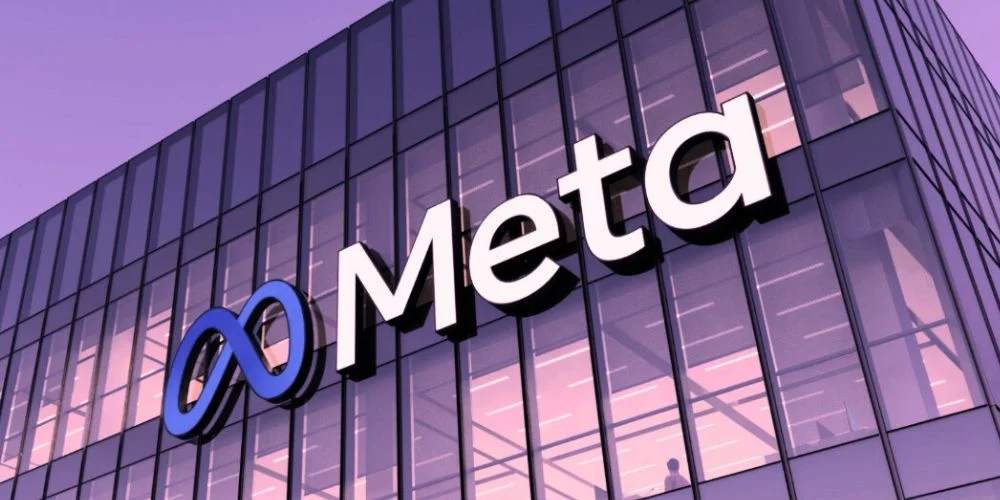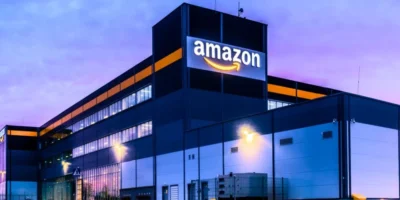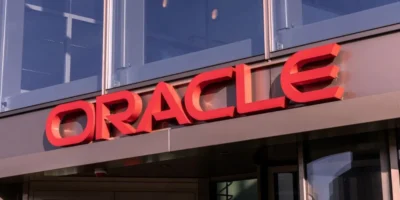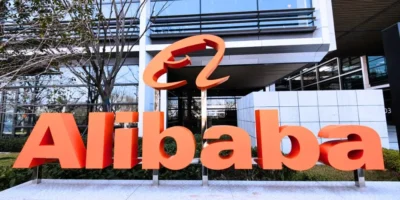Meta Platforms and TikTok have won a legal challenge against the European Commission’s calculation of supervisory fees under the Digital Services Act (DSA). The General Court in Luxembourg ruled that the Commission’s methodology for determining the fee —a 0.05% levy on annual worldwide net income —was flawed, citing procedural errors in its implementation. The court found that the Commission should have used a delegated act, rather than an implementing decision, to establish the fee calculation method. While acknowledging the soundness of the fee principle itself, the court ordered the Commission to rectify its approach within 12 months. Despite the victory, Meta and TikTok will not receive refunds of the 2023 fees already paid.
The ruling centers on the methodology used to calculate the fee, which is tied to the number of monthly active users and the company’s profitability. Meta and TikTok argued that this resulted in disproportionate fees, particularly affecting profitable companies with substantial user bases. Meta, in particular, highlighted the current system’s unfairness, where loss-making companies, regardless of user numbers or regulatory burden, avoid paying fees. The Commission, however, maintains that the fee’s principle and amount are correct, emphasizing the procedural nature of the court’s decision. The Commission spokesperson stated the need for a “purely formal correction” and pledged to adopt a delegated act to formalize the fee calculation.
Both TikTok and Meta welcomed the court’s decision and expressed anticipation for the revised fee calculation methodology. TikTok plans to closely monitor the development of the new delegated act, while Meta is keen to see the identified flaws addressed to ensure a fairer system. The DSA, which came into force in November 2022, aims to hold very large online platforms accountable for illegal and harmful content, imposing potential fines up to 6% of annual global turnover for non-compliance.
The ruling has broader implications for other tech giants subject to the same fee, including Amazon, Apple, Booking.com, Google, Microsoft, X, Snapchat, and Pinterest. The court’s decision emphasizes the importance of adhering to the proper legal procedures when establishing such fees, potentially leading to adjustments for these companies as well. The Commission now has a year to rectify its methodology, ensuring a more legally sound approach to collecting the DSA supervisory fees. The ongoing legal challenge highlights the complexities of regulating the digital sphere and the continuing scrutiny of EU tech regulations.












